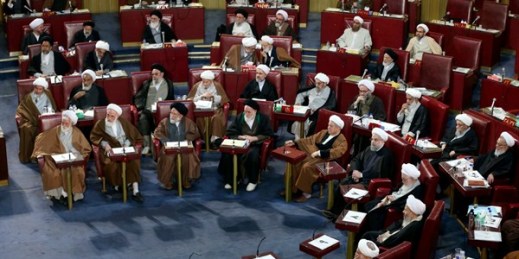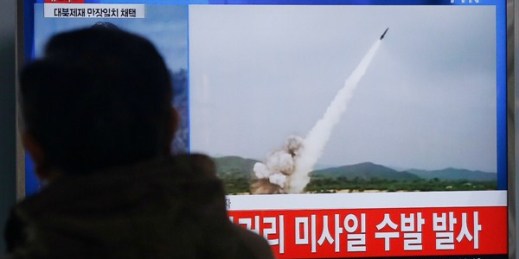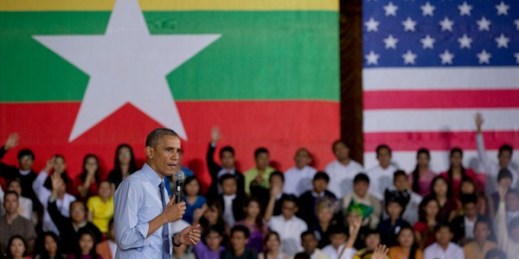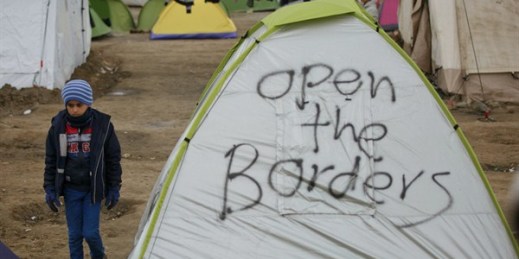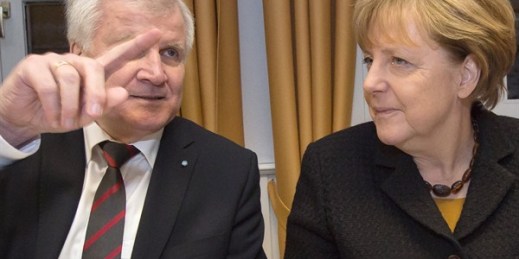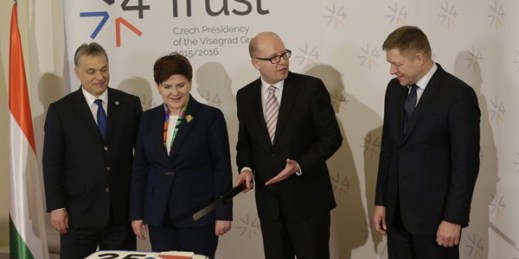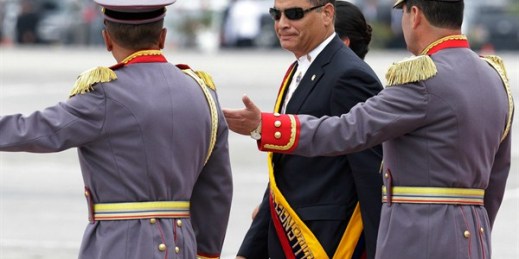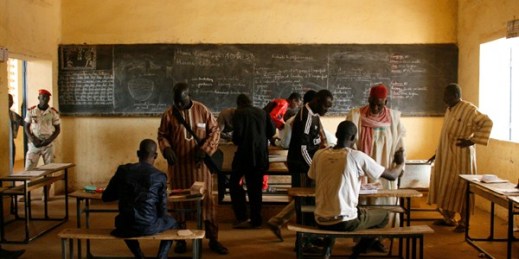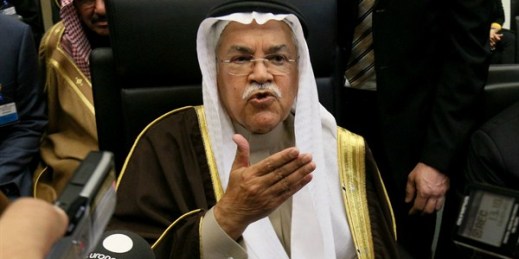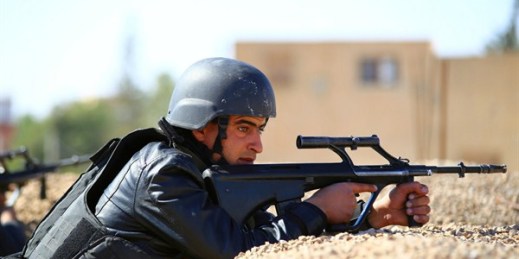
Clashes erupted in the Tunisian town of Ben Guerdane on Monday when Islamist fighters attacked military and police posts. Scores were killed, including seven civilians, 13 security officers and 46 militants. Many observers have characterized the assault, which occurred just 20 miles from the Libyan border, as the latest example of the Libyan conflict’s dangerous spillover across a porous border. But the attack also reveals that, even as the self-proclaimed Islamic State gains ground in Libya, the most significant threat to Tunisia’s security resides within its borders. That’s because the militants, who claimed to be taking over the town as […]

